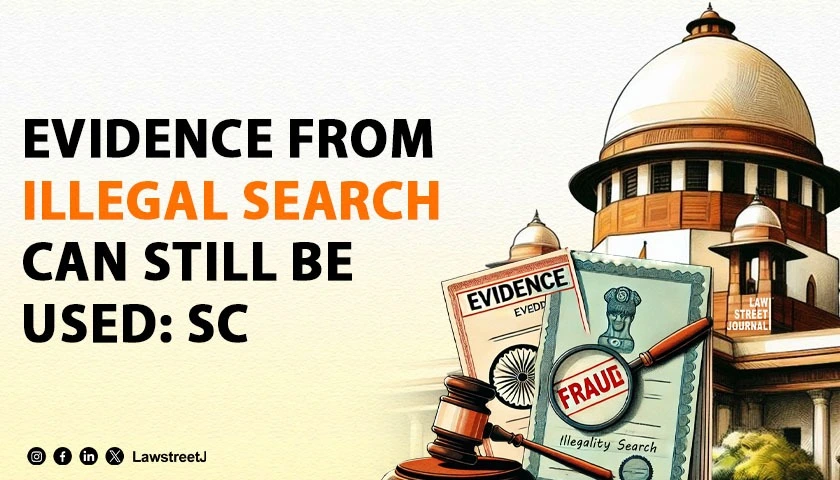On July 9th 2021, WhatsApp told the Delhi High Court that it has voluntarily put its updated privacy policy on hold, and that users in India will not be affected by the move.
This was said during a hearing in the Delhi HC about WhatsApp and FB's plea challenging CCI's enquiry into the updated privacy policy of WhatsApp.
WhatsApp had initially announced its new privacy policy in January and gave users an ultimatum to sign up or lose their accounts. After pushback, it had halted this but in February again sent out reminders with a new message.
However, this saw various complaints from both privacy advocates, the government, and other business interests all of which said that WhatsApp's privacy policies were harmful to the privacy and interests of Indians.
Facebook and WhatsApp responded to complaints in the Delhi HC seeking a Stay Notice in June, but actually, the company had already taken steps to halt the rollout.
Here's everything you need to know about WhatsApp's new privacy policy, and whether you need to accept it or not:
- We have already put our updated privacy policy on hold till the Data Protection Bill: Senior advocate Harish Salve said for WhatsApp at the Delhi High Court.
- No one will have their accounts deleted or lose functionality of WhatsApp on May 15th because of this update, it said. WhatsApp won't delete your account if you don't accept the update.
- The new policy went into effect on May 15, and initially WhatsApp said it would slowly limit functionality.
- WhatsApp was caught up in several court cases and responded by pointing to other apps, saying they collect more data.
- The rollout of the new policy announced in January raised concerns that user data would be shared with Facebook. Some data such as user phone numbers is already being shared.
- WhatsApp later clarified that this data was not being shared with Facebook, and that the new policy would only affect messages sent to WhatsApp for Business accounts.
- In its FAQ WhatsApp also said that the majority of users have accepted the new privacy policy.
- WhatsApp also confirmed that chats between individuals are end to end encrypted and can not even be read by the messaging platform, or shared with others.
- It also added that WhatsApp calls are similarly encrypted and can not be listened to either.
- It's not clear whether the legal cases in India had any impact on WhatsApp's decision or if it changed course because of user push back around the world.








